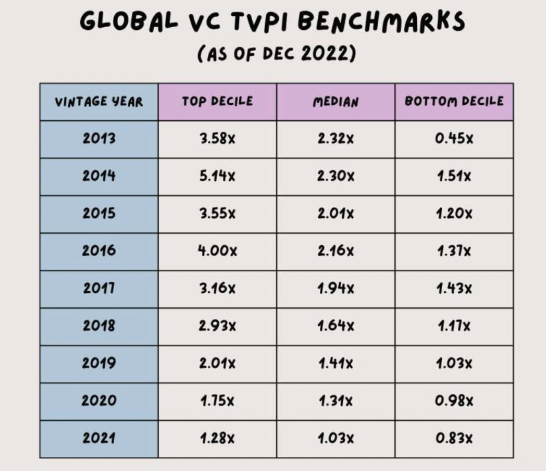
The early-stage investing business used to be much easier.
No more than five years ago, all we had to do would be visible lead seed investors that and companies that were growing would just come to us. Founders knew we could execute on a term sheet, and they could stop fundraising and start building again. In exchange for conviction and speed usually came a priced equity round a board seat.
We would get many relationship referrals from bankers, lawyers, and other investors. Deal flow was plenty. That all changed in 2019-2020. The emergence of capital from everywhere created more startups and capital allocators. Despite having a good track record and reputation – founders generally went to the most accessible money possible. In the case of raising $1-$5M, this came in the form of SAFE notes with 15-20x valuation caps.
All of the connectors stopped referring business because, candidly, they didn’t know what was going on in their communities anymore. They were so underwater with financings and COVID lockdowns that they no longer had a pulse of the communities they were serving.
When I tried to “shake the trees” for deals, I would just see “party round” seed extension allocations that were almost always in the form of a SAFE note. Deals were there, but the quality was way down. The market was saturated with mediocre horizontal SaaS solutions trying to solve COVID problems (employee recruitment/engagement, work from home, etc.).
As a result, in 2022, DWP Capital decided to become an outbound shop. This strategy requires us to level up our game and become much more intentional in our sourcing efforts. We need to think critically about where the puck is going, talk to industry experts, find the company and sell them on taking our capital.
The year 2023 is all about leveling up our sourcing game. Onwards.









